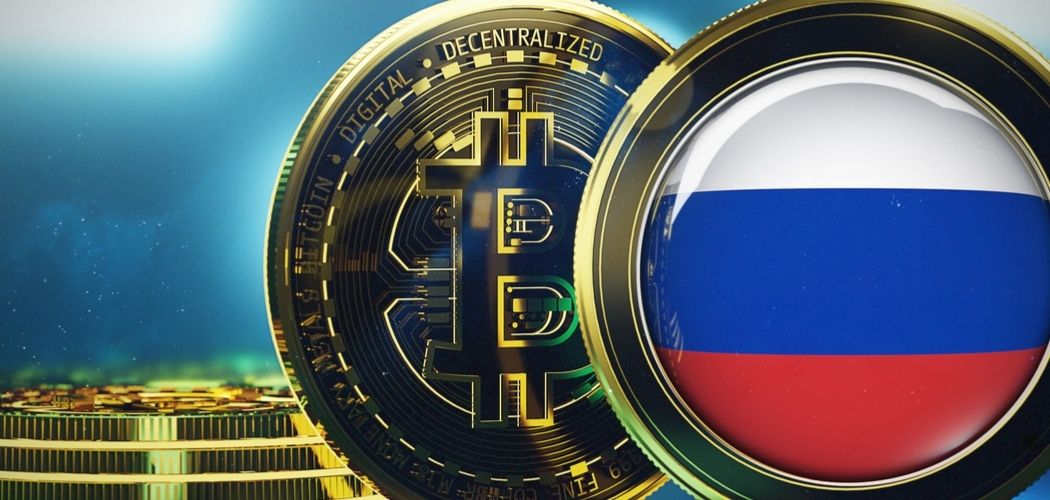Russia, one of the world's most powerful economies, is setting up a financial policy that, when implemented, will recognize digital assets, including crypto, as a form of currency alongside fiat.
Russian news outfit Kommersant confirms that the Bank of Russian and the Russian state have reached an agreement on the regulatory matter. A draft law is currently being prepared, and is expected to be finished by February 18.
The proposal's details define cryptocurrency as an "analogue of currency" as opposed to merely being digital assets with financial attributes. This means that crypto will have to be fully identified and tracked in order to prevent money laundering and other illegal activities. Transactions involving crypto will also be limited to a maximum of 600,000 rubles, or approximately $8,000 USD.
All transactions that fall under this category are to be declared, transactions outside the legal sector for such amounts will become a criminal offense and an aggravating circumstance under the Criminal Code, while fines will be introduced for the illegal acceptance of cryptocurrencies as a means of payment. Provisions for mining and related sectors have not been disclosed at the moment, and as such would likely not be affected by the proposal at its current draft stage.
The Russian central bank has already stated that digital assets should not be recognized as being similar to traditional currencies, while current Finance Minister Anton Siluanov has stated that crypto regulation should happen as soon as possible. Previously, crypto was not considered either as liquid or as digital securities under Russian law. Now, it's expected crypto rates will come under taxation rules for commodities and foreign currency transactions. According to the report, the proposal sees crypto being used “in the legal sector” in line with compliance frameworks for full identification through the banking system, or through licensed intermediaries.
There are a number of caveats attached to this definition, however. The Russian finance ministry is pushing for crypto to be recognized as a "digital financial asset […] used as exchange and repurchase value." This would mean that crypto would be given the same legal status as fiat currency, but it's not clear yet what this would entail in practical terms. For instance, it's not yet clear how crypto would be taxed or how financial institutions would be regulated in relation to crypto transactions.
The proposal, dubbed “Concept for regulating the mechanisms for organizing the circulation of digital currencies” was published after approval and consultation with Dmitry Grigorenko, Deputy Prime Minister of Russia and Chief of the Government Staff. The Russian state house has been discussing new definitions for crypto and digital currencies in the Russian Federation, a matter that has been ongoing since early 2021. The Bank of Russia previously issued a consultative report which proposed a ban on the circulation of cryptocurrencies within its jurisdiction, while the Ministry of Finance urged for redefining the legislative status of crypto in general.
It remains to be seen what would happen with Russia's crypto crypto in the event of a change in power. The current presidential administration has been open to crypto, with Russian President Vladimir Putin going on to meet with Ethereum co-founder Vitalik Buterin in 2017.
The exact timeline for implementation also remains unclear aside from the initial approval period slated for February 18, but it will still take months if not years before crypto becomes an officially recognized currency under Russian law. For now though, crypto enthusiasts can breathe a sigh of relief; Russia isn't completely ignoring crypto any longer.
Disclaimer: This article is provided for informational purposes only. It is not offered or intended to be used as legal, tax, investment, financial, or other advice.
Investment Disclaimer













